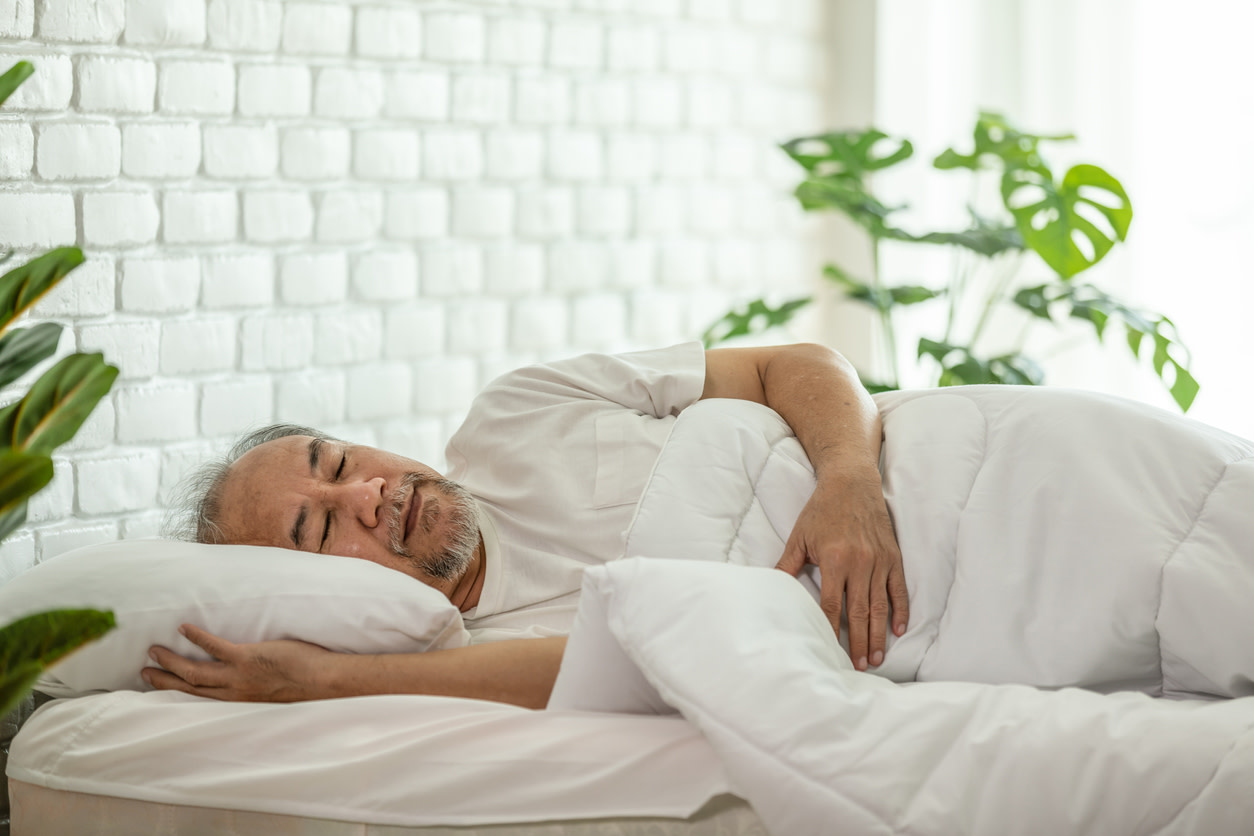How to sleep after knee replacement surgery: tips for comfort and pain relief
Discover how to sleep more comfortably after knee replacement surgery, plus get pain relief tips from Hinge Health physical therapists.
$0 cost to you
Published Date: Jun 27, 2025
Table of Contents
Fully covered knee pain relief
Find relief from knee pain, knee locking, stiff knees, & more.
Check if I'm eligibleExercises for knee replacement recovery
Want expert care? Check if you're covered for our free program →- Quad set
- Straight leg raise
- Knee extension
- Hamstring curl
- Sit to stand
- Calf raises
